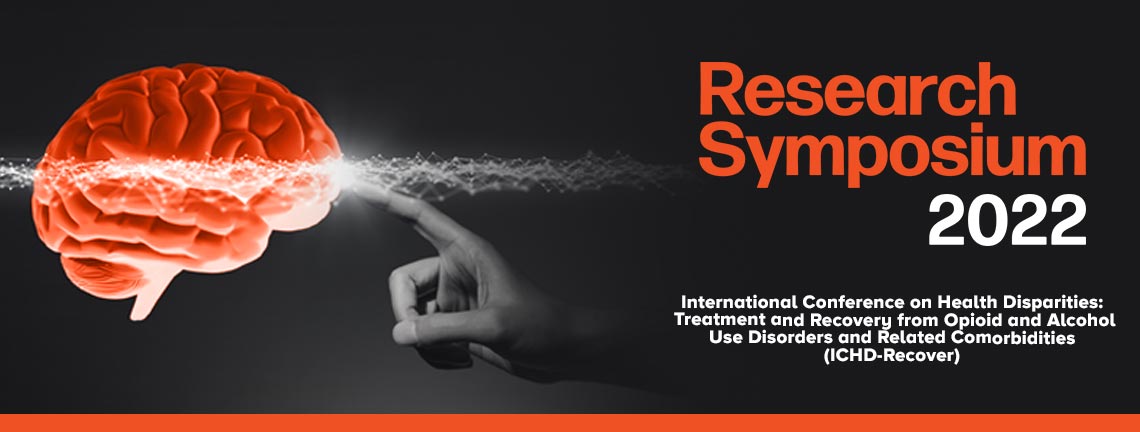
Posters
A Case Report of a Primary cerebral abscess due to Nocardia Asteroides in an immunocompetent patient
Academic/Professional Position (Other)
Other
Presentation Type
Poster
Discipline Track
Patient Care
Abstract Type
Case Report
Abstract
Background: Brain abscesses caused by Nocardia are rarely reported and have high mortality. It usually affects patients who are immunocompromised and initiates as a lung infection that disseminates hematogenously, though it can also affect those immunocompetent. Cerebral nocardiosis imitates brain tumors, which can delay the initiation of the appropriate antibiotic therapy.
Case Description: We present a case of a 64-year-old immunocompetent male with multiple cerebral abscesses who presented with headaches, left-sided weakness, and ataxia. Upon imaging, multiple brain lesions were revealed. The patient underwent craniotomy and drainage of the mass. He was initially empirically treated, though cultures later grew Nocardia Asteroides. He was initially treated with Meropenem and Bactrim and was discharged on Bactrim alone once the sensitivities came back resistant to meropenem. The patient was discharged on Bactrim alone to complete 12 months of treatment. He had a full recovery one-month post-surgical and antimicrobial intervention.
Conclusions: Due to the high mortality rates associated with Nocardia brain abscesses, clinical suspicion should always be high for Nocardia. Early surgical intervention and species identification are paramount to initiating long-term antibiotic therapy. In our experience, a successful outcome was achieved with total resection and prolonged and adequate antibiotic therapy.
Recommended Citation
Mendez, Ileana Elita; Barreto, Nicole Marie; Lanurias, Alan; and Rosas, Luis Alberto, "A Case Report of a Primary cerebral abscess due to Nocardia Asteroides in an immunocompetent patient" (2023). Research Symposium. 41.
https://scholarworks.utrgv.edu/somrs/2022/posters/41
Included in
Bacterial Infections and Mycoses Commons, Infectious Disease Commons, Nervous System Diseases Commons, Neurosurgery Commons, Respiratory Tract Diseases Commons
A Case Report of a Primary cerebral abscess due to Nocardia Asteroides in an immunocompetent patient
Background: Brain abscesses caused by Nocardia are rarely reported and have high mortality. It usually affects patients who are immunocompromised and initiates as a lung infection that disseminates hematogenously, though it can also affect those immunocompetent. Cerebral nocardiosis imitates brain tumors, which can delay the initiation of the appropriate antibiotic therapy.
Case Description: We present a case of a 64-year-old immunocompetent male with multiple cerebral abscesses who presented with headaches, left-sided weakness, and ataxia. Upon imaging, multiple brain lesions were revealed. The patient underwent craniotomy and drainage of the mass. He was initially empirically treated, though cultures later grew Nocardia Asteroides. He was initially treated with Meropenem and Bactrim and was discharged on Bactrim alone once the sensitivities came back resistant to meropenem. The patient was discharged on Bactrim alone to complete 12 months of treatment. He had a full recovery one-month post-surgical and antimicrobial intervention.
Conclusions: Due to the high mortality rates associated with Nocardia brain abscesses, clinical suspicion should always be high for Nocardia. Early surgical intervention and species identification are paramount to initiating long-term antibiotic therapy. In our experience, a successful outcome was achieved with total resection and prolonged and adequate antibiotic therapy.

